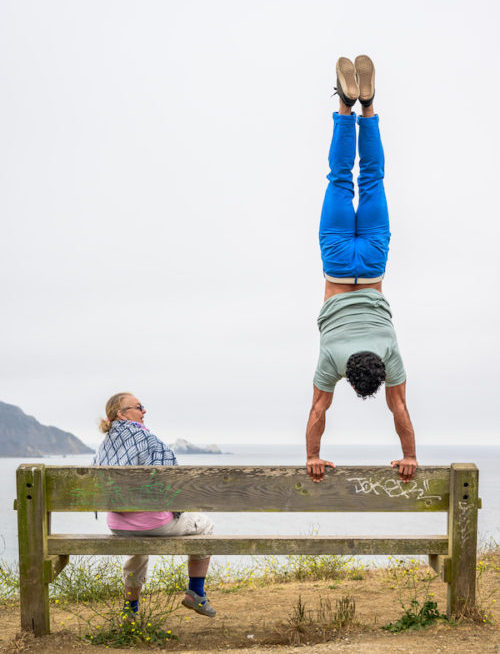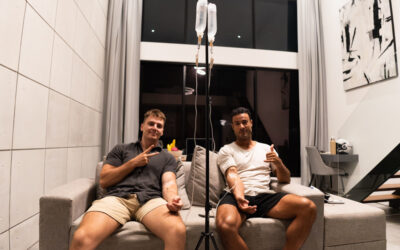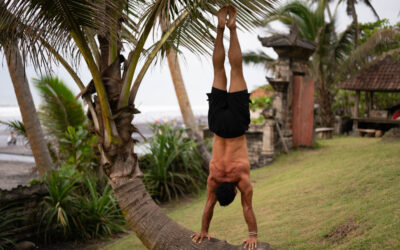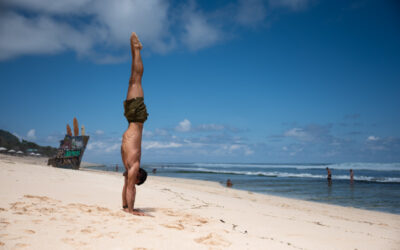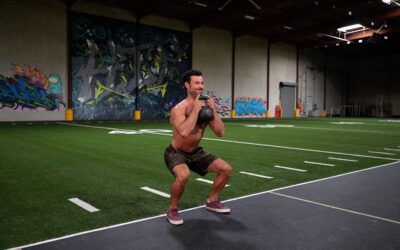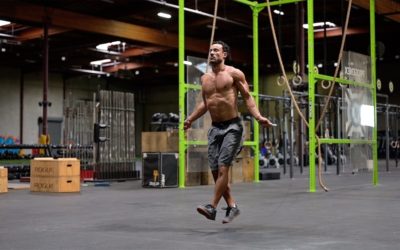How do we manage our health and fitness when we travel?
The food available to us is often unique to the culture we are visiting, our schedule is heavily influenced by the people we travel with, and the availability of training equipment is likely minimal to non-existent. We are also likely responsible to attend business meetings or conferences that can last from breakfast past dinner on a daily basis. In the face of all of this, how can we expect to stay in shape during periods of disruption?
Fortunately, for most of us, we aren’t traveling all the time. The time we spend in our home environment is where we build a base that can sustain us throughout our travels. Being consistent with training and diet while at home makes going off track a true “cheat meal,” so to speak, and won’t heavily affect gains. If anything, the rest and higher calorie diet you are likely to experience during travel is probably going to help you recover even better and come back feeling stronger than when you left.
I plan my travel to coincide with my training, so when I’m coming up on a big deload, I can travel and have a full week without formal training, and then creep back into my regular training routine gradually if I am gone for longer periods of time. With handstands and bodyweight work, it’s pretty easy to get the base work done, even in a cramped hotel room.
This leads to the next strategy. Be prepared to train with what’s available. You can either do research about the area you are in to find the closest gyms, or simply use bodyweight to get a base amount of work done.
For example – handstand push-ups with your feet on the bed in your hotel room, jumping squats or lunges, stretching, etc,. can all be done in tiny spaces with nothing more than your body and the force of gravity that keeps you attached to the floor.
If you’re already training bodyweight, you know this and are prepared. If you normally train with weights, you can experiment, and I think you’ll find that bodyweight is different from weights but can get you a similar level of stimulus considering the circumstances. Also, while I am fairly particular about technique, if you’re more of a weightlifter, the exact technique for bodyweight training doesn’t have to be completely perfect in this scenario since you aren’t looking to achieve advanced calisthenics or handstand skills.
After handling the training, we need to take care of the last piece, food.
Food can be tough. I’m in Tokyo as I write this, and I am having a tough time getting exactly what I would hope for from the restaurants here. That being said, I am still getting protein and carbs and avoiding alcohol and sugar. One night, we spent some time with locals and I indulged in some good Japanese whiskey, and then I paid the price. Even so, a few days later, the effects are completely worn off. It was a one-time thing and a fun night with friends, not a recurring event.
Get your protein in. Find carbs that are not cakes and sugary beverages or alcoholic drinks, and you’llbe okay. You’ll still be able to enjoy local cuisine. And if you do love cakes and sweets, I would just save it for these trips and refer back to point one above about being consistent in your daily life. That way, you can let your body enjoy vacation before coming back to your regular disciplined routine.
That’s the basics. Take care of business at home, know your environment and keep your workouts local, and get your protein in. Keep things simple and you’ll manage your time on the road well and be ready to get back into your routine when you return to your normal schedule.
